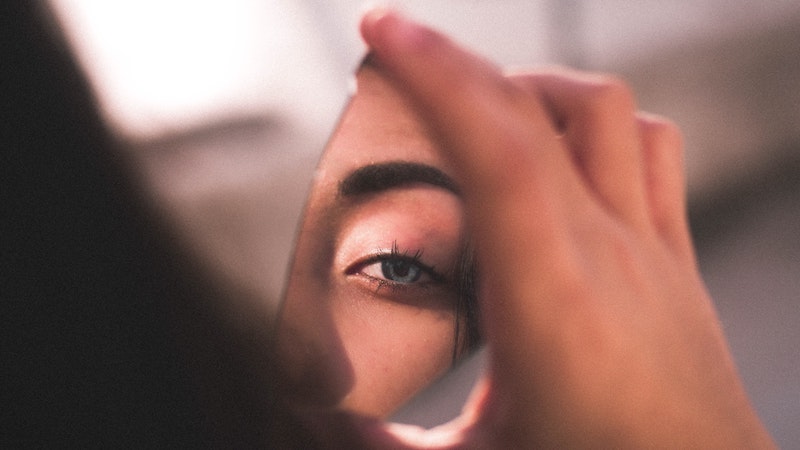What Is the Self?
Episode #1 of the course Psychology of the self by Psychology Insights Online
A very warm welcome to this course on the psychology of the self! We are Psychology Insights Online. A team of researchers and academics who are dedicated to sharing our knowledge of psychology with the public. We hope that you enjoy this course and what you learn here can help to enrich your own life!
Whether we like to admit it or not, as humans, we spend a lot of time thinking about ourselves. Who am I? How do I fit into the world? What do others think of me? These are questions that we all grapple with. The psychology of the self, or what makes us who we are, has long been a topic of interest for philosophers and psychologists. René Descartes once said, “cogito, ergo sum” or, “I think, therefore I am.” Descartes and many other philosophers struggled with the idea of the self as being separate from the body, a philosophical discussion referred to as mind-body dualism (Mehta, 2011). Today, the consensus is that the mind does not operate separately from the brain (or body), yet, we also know that as people, we are all unique individuals.
Think back to your earliest memories. When did you first realize that you were you? In other words, that you were a unique person in the world, different from all others? In all likelihood, you can’t remember back that far (a topic we will cover in more detail in lesson 2). Researchers who specialize in developmental psychology have conducted a lot of studies on the idea of self-recognition. In other words, the ability to recognize ourselves as unique individuals.
The mirror self-recognition test involves having a researcher place a colored dot using paint on an infant’s forehead. From there, the infant is then placed in front of a mirror. When they look in the mirror and see the dot, will they try to touch it or wipe it off? By doing so, it is believed that the baby recognizes that the dot is on their forehead, not the forehead of some other baby. In other words, they recognize the dot is on them, and this is an indication of self-recognition. For most infants, the ability to pass the mirror test typically occurs by about 24 months of age (Neilson et al., 2003).
The mirror test has not only been used for human infants but also to test self-recognition in other species. A similar process has been used with a variety of different animals. In these cases, an animal is usually first anesthetized and then a dot is painted on its forehead or ear (Gallup, 1970). When they wake, they will find themselves face-to-face with a large mirror. If the animal attempts to touch the spot that was placed on them, it is thought that this is a sign that they recognize themselves in the mirror. Most species will fail the test. For example, despite how intelligent some breeds of dogs are, dogs do not pass the mirror test. The same goes for cats. Most attempts at the mirror test have been conducted on the great apes, with orangutans, chimpanzees, gorillas, and bonobos passing the test. There is also some evidence that elephants, dolphins, crows, magpies, and rhesus monkeys could also be self-aware (Chang et al., 2017). If you are curious about what the mirror test looks like, some interesting videos of a number of these studies can be found online.
While human infants have the ability to recognize themselves early in their lives, a much more sophisticated sense of self develops as we age. In the lessons that follow, we will introduce you to major topics related to the self. In the next lesson, we are going to cover the memories that help us form our earliest concepts of who we are. From there, we are going to discuss some of the key topics studied by social psychologists, including memories and the self, the self-concept, self-awareness, social comparison, self-esteem, self-regulation, self-enhancement, self-presentation, self-verification, and self-monitoring.
That brings today’s lesson to an end. In tomorrow’s lesson, we will discuss the role of autobiographical memory in the formation of the self. See you tomorrow!
Recommended book
The Self Explained: Why and How We Become Who We Are by Roy Baumeister
Share with friends

